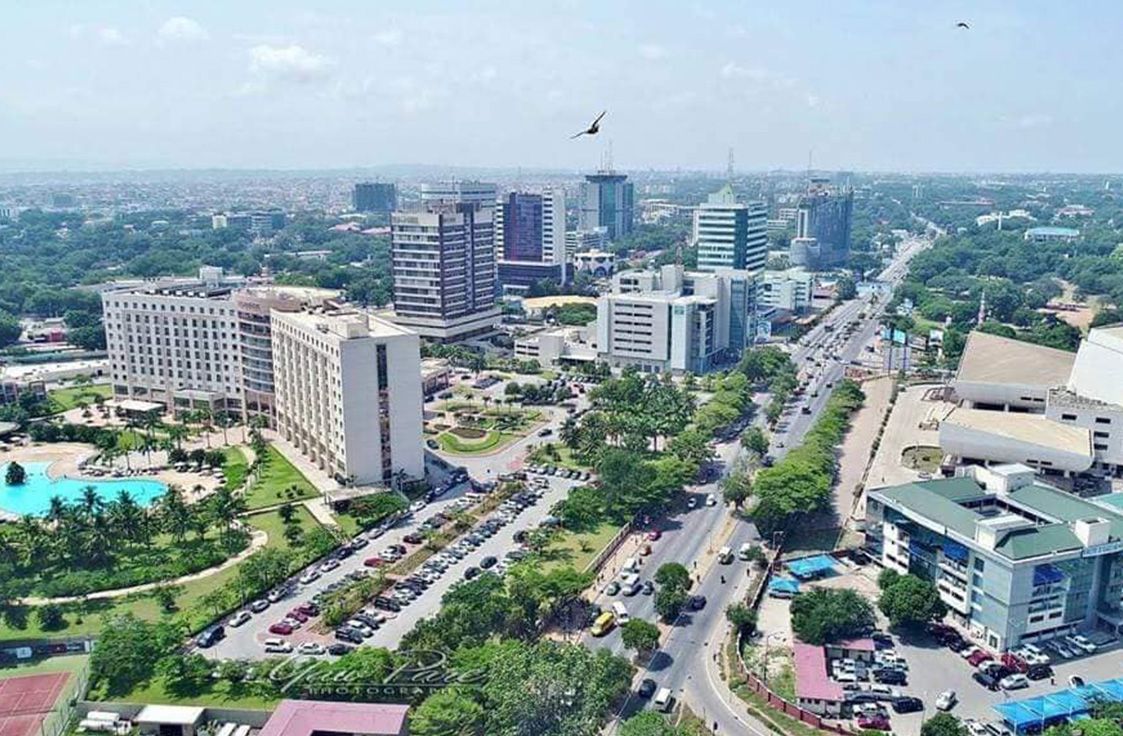Birches Group monitors labor markets that are making headlines worldwide and wants to share news and updates on the conditions in these markets.
Now approaching its 12th year, the conflict in Syria is one of the most complex geopolitical and humanitarian emergencies of our time. The International Crisis Group describes the situation as a “constellation of overlapping crises” with years of ongoing hostility.
What began as part of the Arab Spring uprisings has developed into an unending civil war involving world powers. Today, the Syrian Arab Republic faces massive economic hardships and limited political progress. 15.3 million Syrians—almost 70% of the population—need humanitarian aid, says the United Nations Office for the Coordination of Humanitarian Affairs (UN OCHA).
A matter of strength and survival
Over a decade of conflict has had disastrous effects on the local economy. 90% of Syrians live below the poverty line, and unemployment among the youth has reached 60%, the UN Development Programme reports.
The socioeconomic impact of the conflict in Syria is growing and ever-deepening. Conditions are deteriorating, and life is more challenging than ever. Syrians are dealing with a multitude of shocks, especially the following:
The Syrian pound depreciates. The Syrian pound’s unprecedented weakness is one of many indicators of a worsening economy. The Syrian pound has lost almost 75% of its value against the United States (US) dollar throughout 2022. The Central Bank reduced the official exchange rate for the second time in four months from 3,015 to 4,522 Syrian pounds for one US dollar. The rate in the parallel market, which is used for most local economic activity, is much higher at around 6,500 Syrian pounds.
Basic commodity prices skyrocket. The depreciation of the Syrian pound has led to rampant inflation, eroding real wages. According to Euro-Med Monitor, necessities are unaffordable, with prices increasing eightfold in the past two years. The Syrian regime has also led an austerity campaign, pulling subsidies for essential goods and services. And yet the income of most families has not increased.
A fuel and electricity crisis hits Syria. A longstanding agreement with Iran has faltered as shipments have stalled. The Wall Street Journal reports that Iran has restricted its monthly oil supply to Syria due to price increases and high demand in winter. This recent development has crippling effects. Since December, a severe fuel crisis has affected almost every sector in Syria. Three-quarters of Syrian households have less than eight hours of electricity every day. The power outages have driven many to rely on candles to light their homes. People burn shoes, clothes, trash, tires, and even pistachio shells for heat. The government has cut its work week to four days to save on energy costs, and working overtime has been banned.
Syria’s economy may have hit its lowest point since the start of the civil war in March 2011. Associated Press reports that, since wages don’t come close to meeting the cost of living, most Syrians live on remittances, multiple jobs, and humanitarian aid. The Center for Disaster Philanthropy also notes that the situation has forced people into survival strategies, such as eating less and selling fuel aid to buy food.
Without a political solution to the conflict, the economic crisis in Syria is expected to continue, and analysts expect hyperinflation to begin this 2023. The situation is still bleak as the country goes deeper into the crisis.
What our Market Monitor shows
Since we first published the Market Monitor report in mid-June 2022, Syria has been on Level One in the first five months of our monitoring. Level One reflects standard market conditions, with a 0 to 20% movement in the local exchange rate over the past 12 months.
But in our November and December 2022 reports, Syria was excluded from our list of volatile markets. During this time, the movement in the local exchange rate fell below 10%. By early January 2023, the exchange rate had not significantly moved in the last two months.
Syria reentered our list at Level Four in our latest (mid-January 2023) report. This abrupt level increase shows a sudden and unexpected socioeconomic event and a local currency devaluation of 50% or more in the past six months.
How Birches Group can help
Policies and procedures for keeping pay programs functioning in markets like Syria are critical. Develop a Special Measures Policy with triggers and immediate responses for supporting staff. Also, decide how your organization plans to carry out its next steps. Employees need to know they can rely on their employer to help them during times of crisis.
Birches Group can help your organization design responses to recent developments in Syria. We are experts in developing Special Measures Policies for organizations across sectors, including nonprofits and leading multinational companies. Get in touch with our consultants today to learn how we can create a Special Measures Policy for you.
References:
- https://apnews.com/article/health-middle-east-business-syria-united-nations-d380915dbd660a121c87c1f200f38776
- https://apnews.com/article/russia-ukraine-inflation-syria-protests-and-demonstrations-war-unrest-251336e648c408c14713f7c25ff14b60
- https://www.bbc.com/news/world-middle-east-14703856
- https://www.centralbanking.com/central-banks/monetary-policy/7954116/syria-devalues-currency
- 15 February Market Monitor







